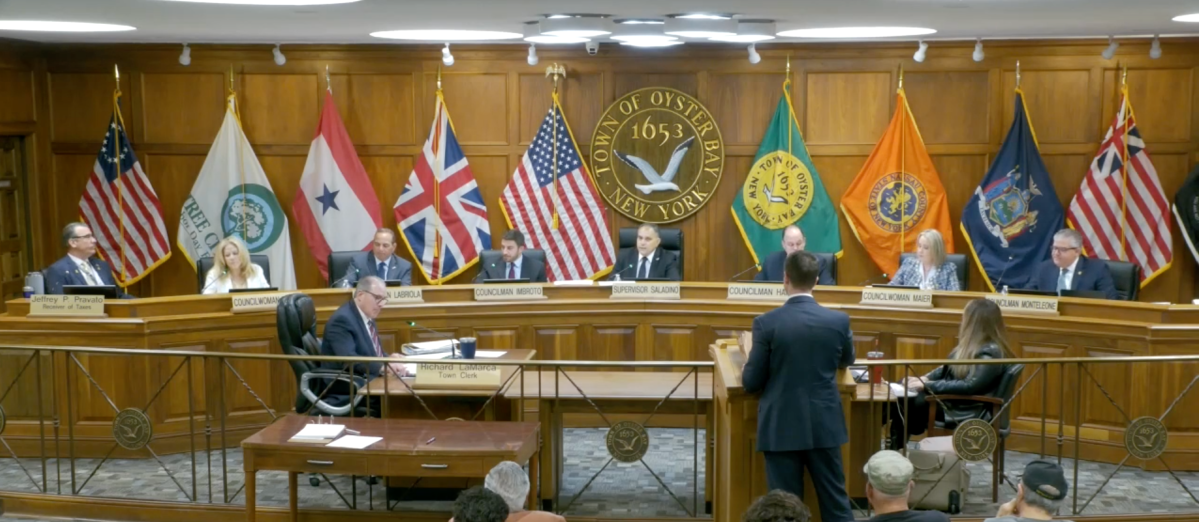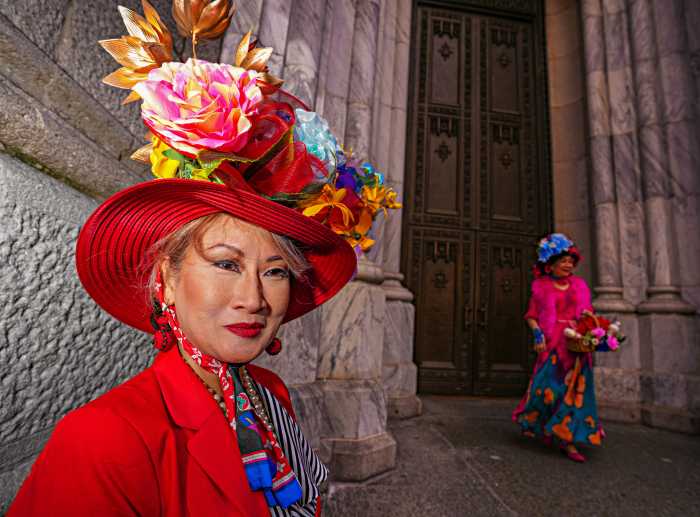Caribbean leaders, through retiring Secretary General Edwin Carrington, have again called for Britain to abandon direct rule in the Turks and Caicos Islands, saying its continued insistence on administering the daily affairs of its colony runs counter to the rules of good governance.
Carrington said, as he received credentials of Paul Brummel, Britain’s new high commissioner to regional trade bloc at the weekend, that the region remains upset with London for taking away constitutional governance from the Turks in mid-2009, as he called for the constitutional restoration for one of CARICOM’s associate members.
“CARICOM contends that those objectives of Her Majesty’s government cannot be met by the continued effective disenfranchisement of the Turks and Caicos islanders or by the denial of their inalienable right to shape their own future,” he said in prepared remarks at the Guyana-based regional headquarters released overnight.
“Direct rule is totally at odds with the development of good governance, including improved fiscal and administrative management, in the Turks and Caicos Islands,” he said.
Citing runaway corruption, alleged illegal sale of the islands’ precious little land area to foreign friends and mismanagement in general, Britain withdrew control of daily island affairs from the local government and sent its own representative to run the island chain, saying it needed to restore order to the tourist paradise in the north Caribbean.
But even as he communicated the region’s position to Brummel, Carrington also used the opportunity to appeal to the David Cameron Administration to review the controversial air passenger (APD) travel ticket increase that is hurting travel to the region.
The region has found itself in the same tax bracket as Hawaii and Vancouver, both of which are about 7,000 miles from London, compared to 4,000 or about eight hours flying to the Caribbean, because the seat tax is calculated from capital to capital rather than actual flying distance.
So it is not more expensive to travel to the Caribbean than to the farthest American or Canadian city. Britain has so far refused to back away from its decision in the past year to increase air ticket rates.
“What we mainly ask is that it should not be discriminatory in its effect against our countries, intentionally or otherwise. It is difficult for Caribbean countries to accept that visitors travelling from London to the Caribbean, must pay an emission duty on their ticket much higher than that paid by visitors travelling to Hawaii or Vancouver not that much less,” the CARICOM secretary general pointed out, saying economies are “seriously threatened” by this development.
























